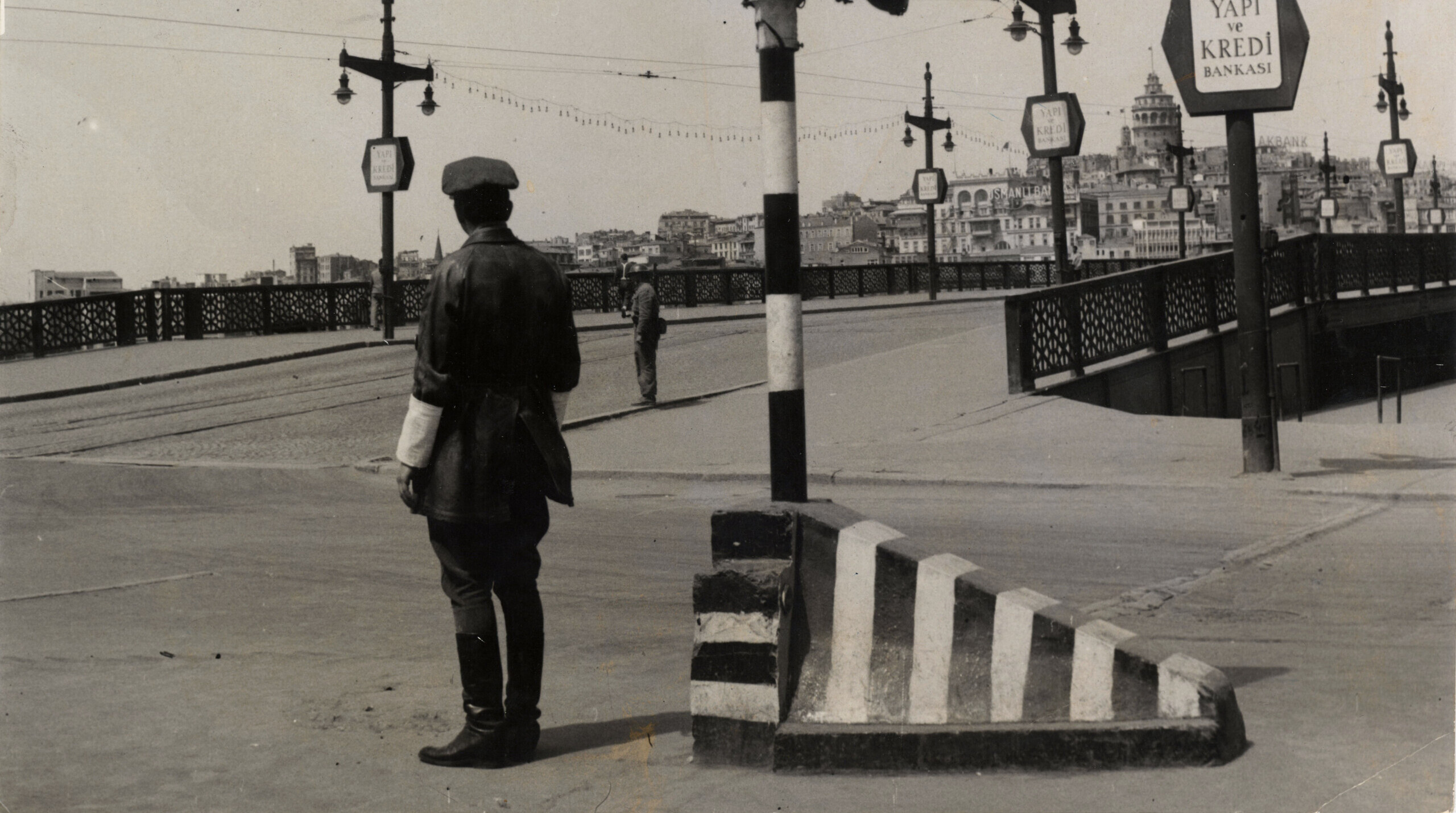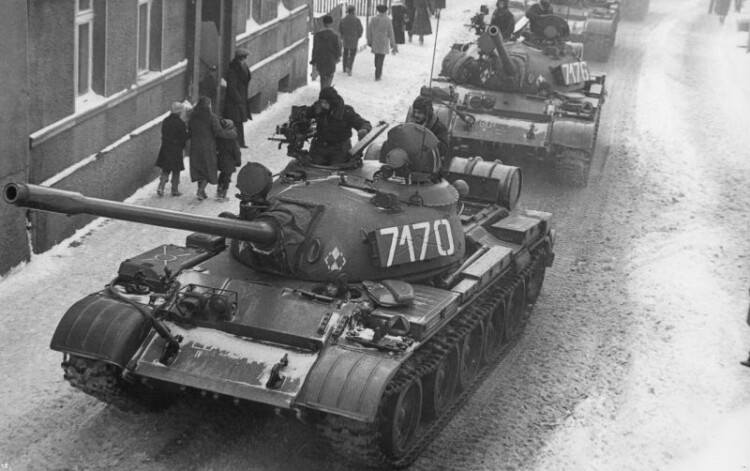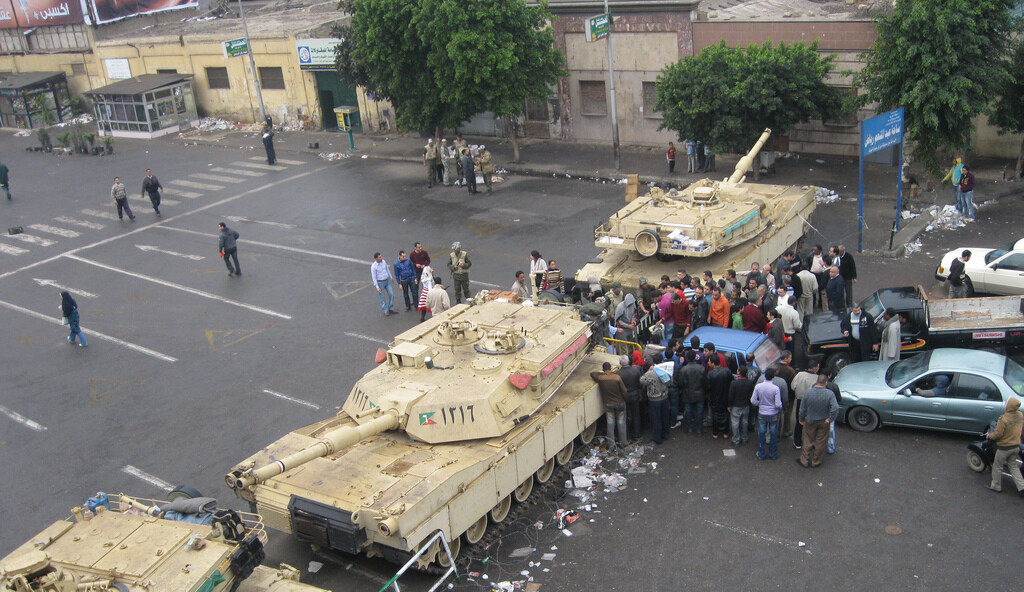The Triggers
The triggers for martial law often vary. Sometimes, it’s a direct response to open rebellion or insurrection. In other cases, natural disasters, wherein the state machinery collapses and a vacuum of power, can lead to its declaration.
Then, there are instances where the threat is neither overt nor immediate. But the mere specter of unrest, often magnified for political purposes, suspends civil liberties.
International pressures and relations also play a crucial role. A country with solid allies may face global backlash and sanctions for imposing martial law without a clear and present danger. Others, without such constraints, may face little to no repercussions.
The Media and Socio-Economic Factors
One must recognize the role of the media. In an era of instant communication, portraying events leading up to martial law can influence public opinion domestically and internationally.
Governments might control or manipulate media narratives to justify their actions. In turn, it becomes more challenging to discern facts from propaganda.
The socio-economic conditions of a country can also be a significant factor. Countries with vast income disparities, high unemployment rates, or simmering ethnic tensions may be more susceptible to unrest, making them potential candidates for martial law, especially if the ruling class feels threatened.
Everyday Life in the Shadows
Martial law transforms ordinary life in myriad ways. With curfews often in place, nightlife, the pulse of many cities, comes to a standstill.
Cafes that once echoed with laughter and debates suddenly shutter early. Streets that buzzed with vendors, lovers, and late-night wanderers fall silent, save for the occasional military patrol.
And with the suspension of civil rights, individuals often grapple with newfound limitations. A casual comment about governance might lead to dire consequences.
Travel restrictions might mean families remain separated for extended periods. These daily changes sow seeds of fear, caution, and uncertainty in the hearts of citizens.
The Digital Landscape Under Martial Law
The internet has become an essential tool for communication, work, and entertainment in our interconnected world. Under martial law, however, this digital haven can become heavily regulated.
Governments may implement internet blackouts, limit social media usage, or surveil online communications. The goal? To prevent dissent or gatherings.
The implications? A society that’s more isolated than ever before. Without the digital world’s boundless connectivity, feelings of alienation can intensify.
Yet, it’s also in these moments that ingenious methods of offline communication and underground networks sprout. It then showcases human adaptability and resilience.
Artistic Expression as Rebellion
One of the most profound societal shifts during martial law is in the realm of art and culture. With conventional forms of protest risky or banned outright, art becomes a voice of resistance.
Murals might depict scenes of hope or challenge oppression. Musicians may pen songs with coded lyrics, sharing messages of rebellion under the radar.
Theater and dance performances can also become potent mediums to express dissent, celebrate cultural identity, or escape the grim realities outside.
The Complex Legacy of Martial Law

With all its intricacies and challenges, martial law offers a lens to view humanity’s ability to adapt, resist, and thrive.
But as we’ve seen, societies don’t merely bow to the weight of such regulations. They also find ways to dance in the shadows, keeping hope and culture alive even in the darkest times.











COMMENTS